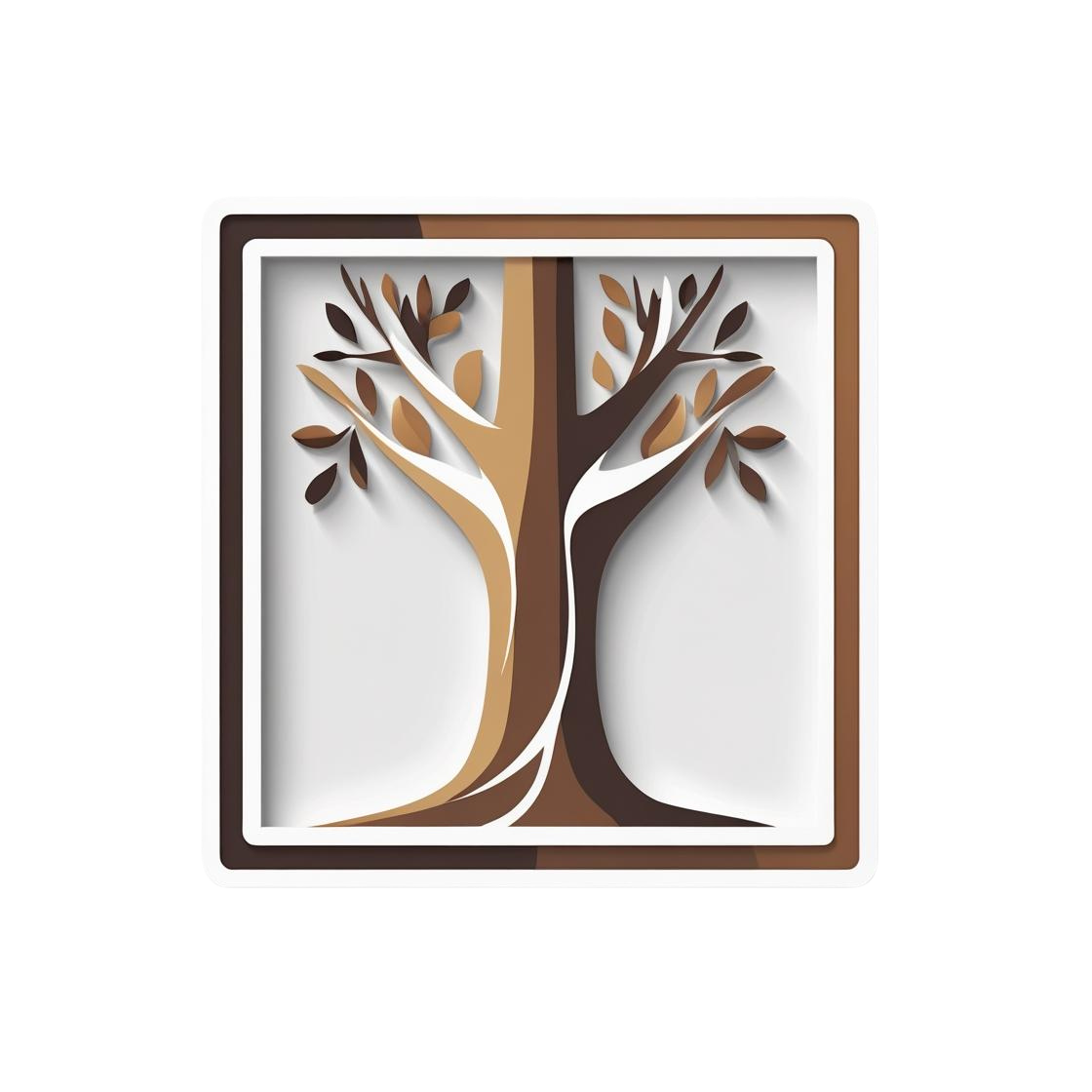Tree Health & Maintenance Services
Maintaining healthy trees requires ongoing attention to their changing needs throughout different seasons and life stages. Peachtree Corners Tree Service provides comprehensive tree health and maintenance services designed to prevent problems before they become serious, extend tree lifespan, and enhance the beauty and value of your landscape. Our certified arborists use scientific approaches to diagnose issues and develop customized care plans for your trees.
Comprehensive Tree Health Assessments
Regular tree health assessments are the foundation of effective tree care. Our certified arborists conduct thorough evaluations that examine every aspect of tree health, from root systems to crown structure. We look for signs of disease, pest infestations, structural problems, and environmental stress that could affect tree health and safety. These assessments help us identify problems early when they're most treatable and least expensive to address.
During health assessments, we evaluate soil conditions, drainage patterns, and growing environment factors that affect tree vitality. Did you know that most tree health problems actually originate in the root zone? Poor soil conditions, compaction, and drainage issues are responsible for more tree deaths than diseases or pests. Our assessments identify these underlying conditions and provide recommendations for improving growing conditions to support long-term tree health.
Disease Diagnosis and Treatment
Georgia's warm, humid climate creates ideal conditions for many tree diseases including fungal infections, bacterial problems, and viral diseases. Our arborists are trained to recognize symptoms of common diseases affecting trees in our area and can recommend appropriate treatment strategies. Early detection and treatment are crucial for successful disease management, as many tree diseases are progressive and can quickly become fatal if left untreated.
Treatment approaches vary depending on the specific disease and tree species involved. Some conditions respond well to fungicide applications, while others require cultural changes like improving drainage or adjusting watering practices. We also provide guidance on preventive measures that reduce disease susceptibility, including proper pruning techniques that improve air circulation and reduce moisture retention in tree canopies.
Nutritional Programs and Soil Health
Proper nutrition is essential for tree health and disease resistance. Urban and suburban soils often lack the nutrients that trees need for optimal growth, especially in areas where natural leaf litter has been removed or soil has been compacted by construction activities. Our nutritional programs include soil testing to identify deficiencies and customized fertilization plans that provide trees with essential nutrients throughout the growing season.
We use deep-root fertilization techniques that deliver nutrients directly to the root zone where trees can efficiently absorb them. This method is more effective than surface applications and reduces the risk of nutrient runoff that can contaminate groundwater. Our fertilization programs also include organic soil amendments that improve soil structure, water retention, and beneficial microbial activity that supports healthy root development.
Pest Management and Monitoring
Integrated pest management is a cornerstone of our tree health services. Rather than relying solely on chemical treatments, we use a combination of monitoring, biological controls, cultural practices, and targeted treatments to manage pest problems while minimizing environmental impact. This approach is more sustainable and often more effective than traditional spray-and-pray methods.
Common tree pests in Georgia include emerald ash borer, scale insects, aphids, and various caterpillars that can defoliate trees if populations aren't controlled. We monitor for these pests throughout the growing season and implement treatment programs when necessary to prevent damage. Our treatments are timed to be most effective while minimizing impact on beneficial insects like pollinators and natural predators.
Seasonal Care Programs
Trees have different needs throughout the year, and our seasonal care programs are designed to address these changing requirements. Spring services focus on fertilization, pruning, and early pest detection. Summer care emphasizes drought stress management and pest monitoring. Fall activities include disease prevention treatments and preparation for winter dormancy. Winter services involve structural pruning and planning for the coming growing season.
Our seasonal programs are customized based on tree species, age, location, and specific health concerns. Mature trees have different needs than young trees, and trees in stressful environments require more intensive care than those in ideal growing conditions. We develop long-term care plans that evolve with your trees' changing needs and help ensure they remain healthy and vigorous for generations to come.
